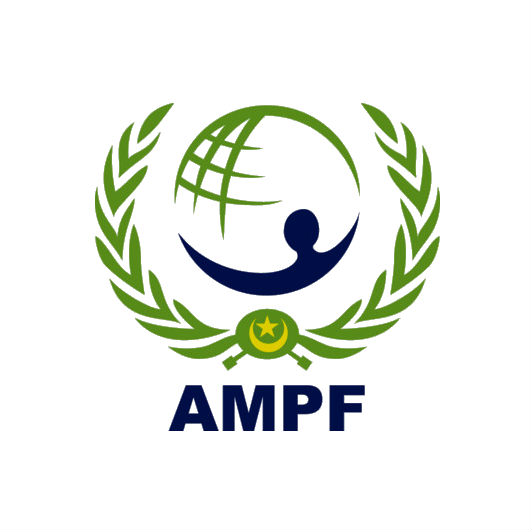

| 31 March 2016
Association Mauritanienne pour la Promotion de la Famille
Since it was founded in 1990, the Association Mauritanienne pour la Promotion de la Famille (AMPF) has focused primarily on sensitizing both the general population and the country’s political and religious leaders to the personal and economic benefits of family planning, and on promoting provision of proper sexual and reproductive health (SRH) services. AMPF provides SRH services including family planning (FP), antenatal and post-natal counselling, mother and child immunization, paediatrics, incomplete abortion care and referral, HIV and AIDs protection including PMTCT, and general SRH counselling. Sensitization and awareness creation is indirectly carried out through children’s vaccination clinics, through programmes providing nutritional advice, and through general maternal and child health services (a critical requirement in a country subject to high levels of maternal and child mortality). AMPF is committed to improving women’s status as a fundamental principle if the nation’s demographic circumstances are to change for the better. Spreading awareness of the benefits of birth spacing is an important component in this, as is the promotion of economic opportunities for women. AMPF has been involved in the creation of a number of craft-based co-operatives in pursuit of this aim. Special efforts have been made to reach marginalized and under-served populations. AMPF’s efforts in advocacy and policy dialogue contributed to enacting the Reproductive Health Act, a Religious judgment outlawing female genital mutilation (FGM) and other harmful practices. AMPF enjoys a good reputation and has strategic partnerships with the Ministry of Health, other CSOs, and with the UNFPA. Website: http://maurifemme.org/Ong/ampf.html

| 31 March 2016
Family Planning Association of India
Established in 1949, the Family Planning Association of India (FPAI) is a founding member of IPPF. Its work in sexual and reproductive health (SRH) covers safe motherhood and child survival, empowerment of women, male involvement, adolescent health and youth development. FPAI works closely with non-governmental organizations (NGOs) and the government. It runs 39 permanent clinics, 101 mobile facilities, and has a network of nearly 2,700 community-based distributors /services (CBDs/CBSs). It works with 563 private practitioners and 196 other agencies. In addition, FPAI operates 3 infertility clinics, a contraceptive retail sales programme, and a condom dispensing service. In total, FPAI operates over 4,000 service points. A community-centred approach is at the core of FPAI's work. Our programmes are designed to deliver improved health and standards of living, better decision-making, and greater self-reliance. It aims to enable men and women to form local voluntary groups to initiate action in communities. Work primarily focuses on under-served rural areas and urban slums. The organization exploits a variety of media to impart its message, including film, radio, newsletters, journals and other print materials, as part of a wide-ranging education programme addressing topics such as family planning, maternal and child health, the risks of unsafe abortion, infertility, the prevention of sexually transmitted infections (STIs) and counselling for newlyweds. FPAI encourages the empowerment of women through mahila mandals (women's groups), balwadis (nursery schools), and literacy and income generation programmes. It’s been addressing the concerns of young people in a holistic manner through 30 Sexuality Education, Counselling, Research, Training/Therapy (SECRT) Centres spread acrosss the country. The centres offer youth-friendly services that prepare young people for their future by building the confidence and self-esteem essential to forging healthy relationships. They also offer counselling and information on various developmental issues, including sex, coping with preer pressure, relationships, responsible sexual behaviour, marriage, parenthood, contraception and the prevention of STIs including HIV and AIDS. As an advocate, FPAI exerts influence through community representatives, through the media, and through representation on government bodies such as the Central Health and Welfare Council and Steering Committee on Population Education. Contacts Website: http://fpaindia.org/ Facebook: https://www.facebook.com/FPAI.national







